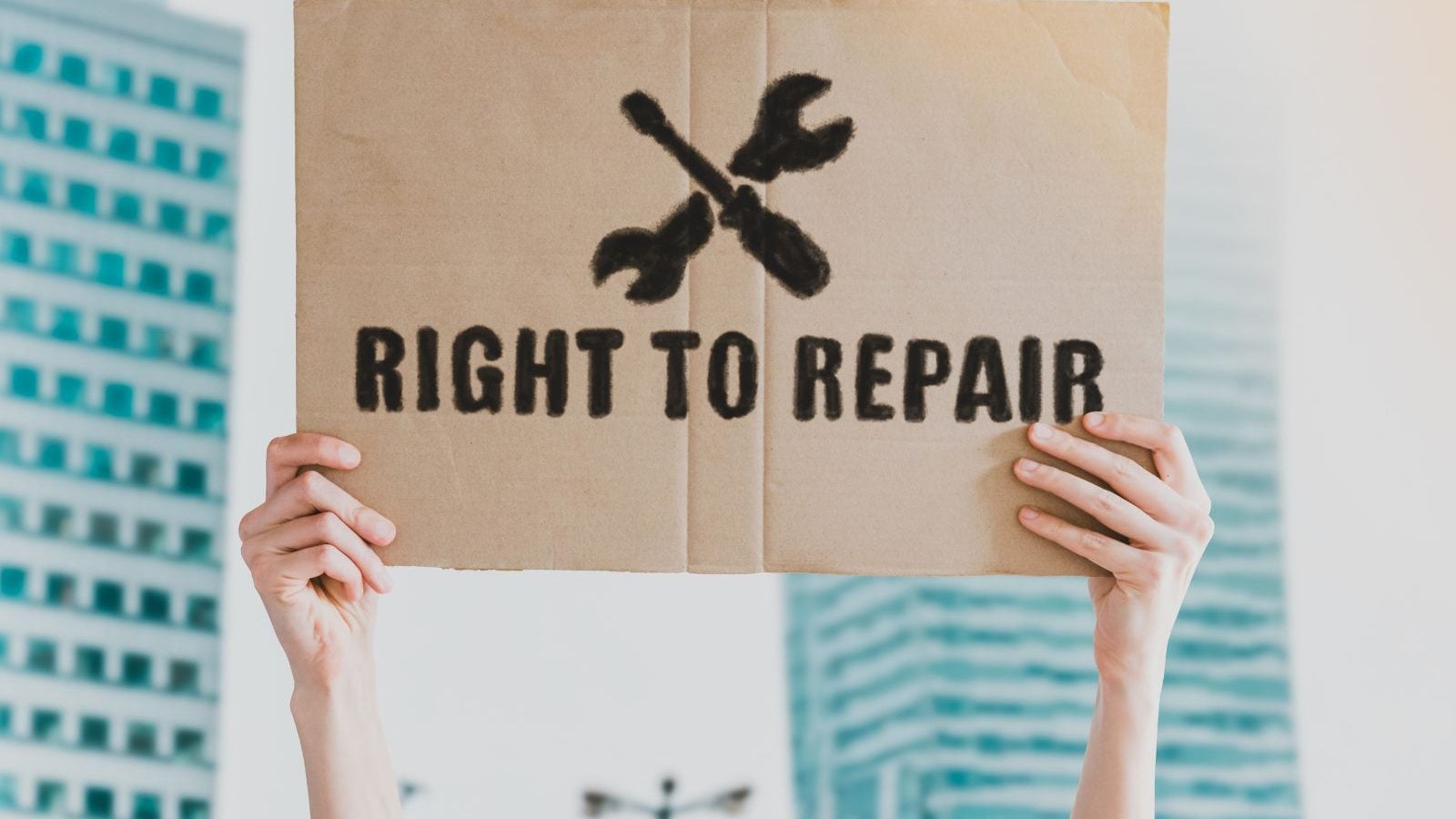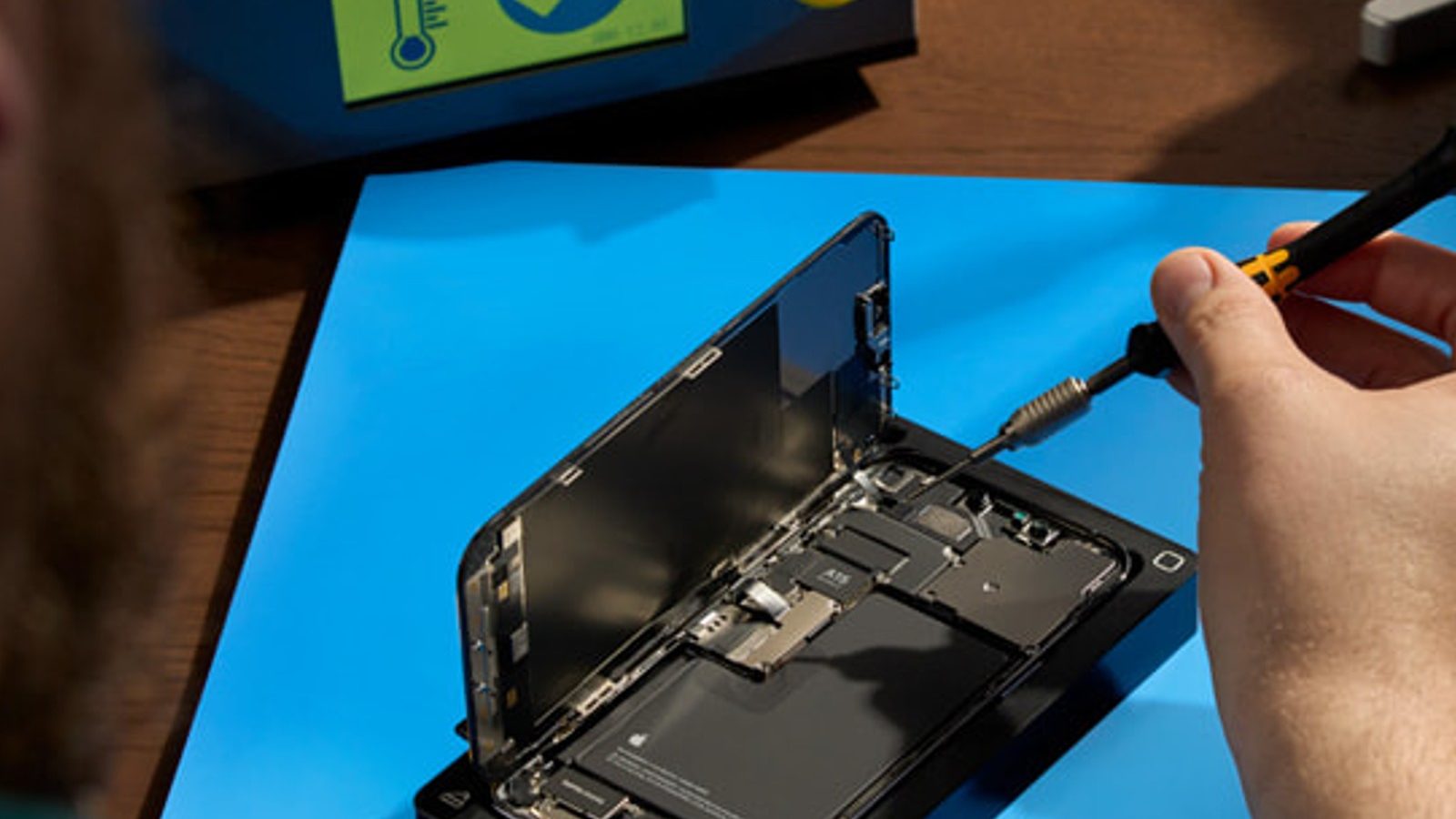What is the planned “right to repair” law from the government, and why is it good for you?

The right to repair bill has been presented by the government. A committee has been established by the department of consumer affairs to create a right-to-repair framework for the nation.
Makers would be required, under this legislative framework, to provide customers with information about their products so they may fix their own or someone else’s products instead of being dependent on the original manufacturers.
According to a statement from the ministry, “the significant concerns noted during the conference include corporations’ delaying the distribution of instructions that might assist consumers to make simple repairs.”
A framework for RTR is being developed in India to empower local consumers and product buyers, harmonize trade between original equipment manufacturers and third-party buyers and sellers, put an emphasis on developing sustainable consumption of products, and reduce e-waste.
In India, Right to Fix (RTR), which enables consumers to repair gadgets independently rather than relying on the makers, has gained popularity. A committee has been established by the Department of Consumer Affairs to provide a detailed framework for the RTR throughout the nation.
The initial committee meeting resulted in the sectors of farming equipment, mobile phones and tablets, consumer durables, and automobiles and automobile equipment being recognized. This occurs one month after Prime Minister Narendra Modi introduced the LIFE campaign, which promotes the idea of recycling and reusing consumer goods.
The electronic repair business is predicted by the Manufacturer’s Association of Information Technology (MAIT) to create $20 billion in revenue annually over the next four years beginning in 2025. However, the unorganised sector, which has little to no transparency in the procurement and supply chain of spare parts, dominates the repair business in India. Once implemented, the RTR policy will give a boost to the organized repair industry, which is now in its infancy.
Globally, the RTR has already compelled tech behemoths like Apple and Microsoft to support the movement after they long opposed it. The Federal Trade Commission was instructed by the American President’s executive order in July of last year to investigate deceptive tactics that impede competition in third-party and self-repairs.
In addition, the UK has also enacted legislation requiring all producers of electronic appliances to offer users replacement parts so they may fix their own or third-party appliances. In addition, the European Union approved regulations requiring manufacturers to provide product components to qualified repairmen for ten years.
The Ministry of Consumer Affairs, Food & Public Distribution states that the development of a framework for RTR in India aims to empower local market consumers and product purchasers; harmonise trade between original equipment manufacturers and third-party buyers and sellers; place an emphasis on developing sustainable consumption of products; and reduce e-waste.
By enabling third-party repairs, it will revolutionize both the items’ sustainability as well as the creation of jobs through Aatmanirbhar Bharat if it is implemented in India.
The significant points raised during the discussion were consistent with the results on this subject made across the world. This includes businesses refraining from publishing guides that would enable customers to do repairs quickly.
Spare components are within the exclusive responsibility of manufacturers (regarding the kind of design they use for screws and others). A monopoly in the repair industry violates the customer’s “freedom to choose.” For example, digital warranty cards make sure that a consumer loses the ability to make a warranty claim if they purchase a product from a “non-recognized” business.
Controversy For the owners of copyrights, Digital Rights Management (DRM) and Technological Protection Measure (TPM) are a huge relief. Manufacturers promote the idea of “planned obsolescence.”
In this system, each device is created to last only for a set amount of time, after which it must be replaced. Owners’ legal rights are harmed when contracts don’t fully transfer power to the buyer.
The committee agreed that tech businesses should give customers access to manuals, schematics, and software updates as well as a comprehensive understanding of their products and that the transparency of the product’s sale shouldn’t be restricted by the terms of the software license.
To enable the product to be fixed if there are small flaws, third parties, including individuals, should have access to the components and equipment needed to service devices, including diagnostic tools.
According to Prabhu Ram, Head of Industry Intelligence Group (IIG), CyberMedia Research (CMR), “The ‘RTR’ is no more a rallying cry that unites a select group of tech-aware customers, but rather an unavoidable step towards assuring sustainability,” he said in an interview with Business Today.
The decision by India to develop a thorough “RTR” framework is opportune. It will remove technological and regulatory barriers, allowing consumers, new businesses, and repair shops to efficiently, safely, and affordably service their own devices.
The RTR committee’s conclusions appear to be a start in the right direction, but there is still more work to be done. The difficulties that the aftermarket repair sector will face on the way to success range from the lack of authentic aftermarket parts to the pricing set by import levies and taxes.
Many nations across the world, including the United States, the United Kingdom, and the European Union, have recognized the right to repair. A rule has recently been established in the UK requiring all producers of electronic appliances to give their customers extra parts so they may fix their appliances themselves or take them to a nearby repair shop.
Repair cafés, which are essentially free gathering places where volunteer repairmen congregate to exchange their talents, exist in Australia. In addition, the European Union approved regulations requiring manufacturers to provide product components to qualified repairmen for a minimum of ten years.
edited and proofread by nikita sharma




